GCC 4.8 released
 GCC 4.8 has been released. C++-related improvements include the following highlights.
GCC 4.8 has been released. C++-related improvements include the following highlights.
Language improvements:
- G++ now implements the C++11
thread_localkeyword...- G++ now implements the C++11 attribute syntax, e.g.
[[noreturn]] void f();
and also the alignment specifier, e.g.
alignas(double) int i;- G++ now implements C++11 inheriting constructors, e.g.
struct A { A(int); };
struct B: A { using A::A; }; // defines B::B(int)
B b(42); // OK- G++ now supports a
-std=c++1yoption for experimentation with features proposed for the next revision of the standard, expected around 2017. Currently the only difference from-std=c++11is support for return type deduction in normal functions, as proposed in N3386.- The G++ namespace association extension,
__attribute ((strong)), has been deprecated. Inline namespaces should be used instead.
Standard library improvements:
Improved experimental support for the new ISO C++ standard, C++11, including:
forward_listmeets the allocator-aware container requirements;this_thread::sleep_for(),this_thread::sleep_until()andthis_thread::yield()are defined without requiring the configure option--enable-libstdcxx-time;- SSE optimized
normal_distributionandsimd_fast_mersenne_twister_engine.- Use of hardware RNG instruction for
random_deviceon new x86 processors (requires the assembler to support the instruction.)

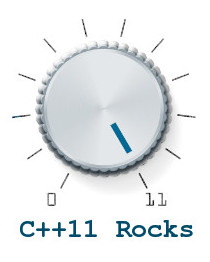
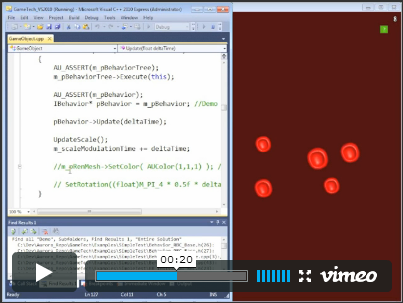
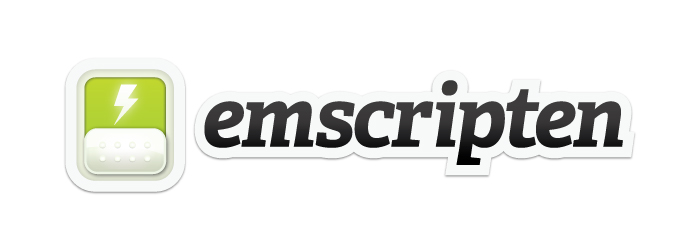
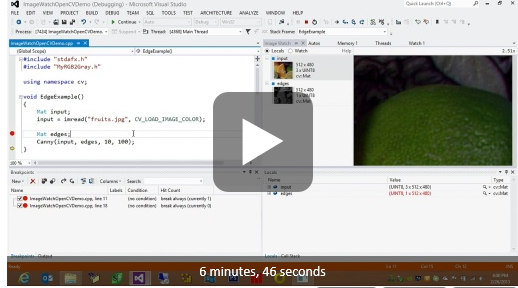
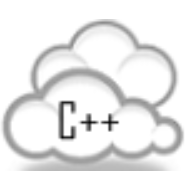



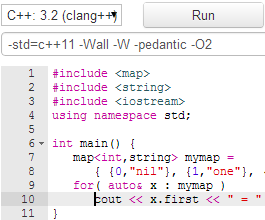 Many people don't realize how many web pages offer access to try out C++ compilers, including many of the latest compilers with burgeoning C++11 language support. So we thought we'd publish a list.
Many people don't realize how many web pages offer access to try out C++ compilers, including many of the latest compilers with burgeoning C++11 language support. So we thought we'd publish a list.